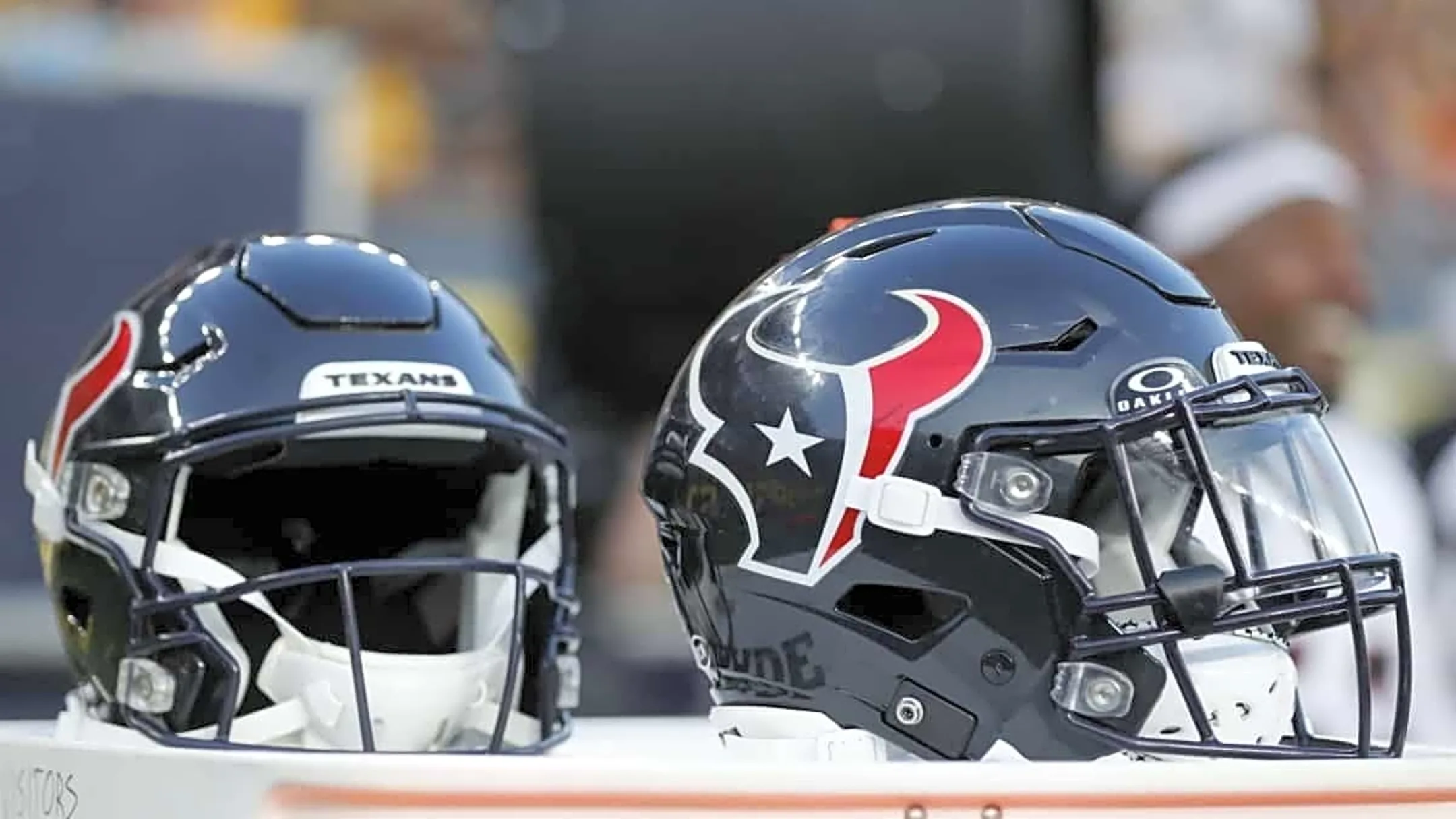Copyright yardbarker

The sudden release of a starting player just three games into an NFL season is always a jarring event. When the Houston Texans parted ways with veteran safety C.J. Gardner-Johnson, a player they had acquired via trade only months earlier, it sent ripples through the league. While the front office offered professional explanations, the real story often lies within the locker room. Now, thanks to an anonymous teammate, the picture of why Gardner-Johnson’s tenure in Houston was so brief is becoming much clearer. This article examines the blunt comments from a Texans player on the C.J. Gardner-Johnson release, peeling back the layers on the cultural clashes, locker room friction, and the ultimate decision to prioritize team unity over individual talent. Houston Texans Player: “You Have to Embrace the Team Culture” The move to release Gardner-Johnson was initially puzzling from the outside. He was a proven, high-energy player expected to be a key piece in DeMeco Ryans’ defense. However, for those inside the building, the decision was not only understandable but necessary. In a candid statement to KPRC 2’s Aaron Wilson, an anonymous Texans player did not mince words. “C.J, yeah, he had to go,” the player stated. “You have to embrace the team culture. If you can’t do that, you can’t be a part of this team. He obviously didn’t do that, so he’s gone. It was a lot.” This single quote speaks volumes about the situation. It points to a fundamental conflict between Gardner-Johnson’s behavior and the standards set by the coaching staff and team leaders. The phrase “it was a lot” suggests a pattern of behavior that became too disruptive to ignore, even for a team struggling with an 0-3 start. In Houston, it appears the “how” you act is just as important as the “how” you play. Unpacking the “Chronic Issues” The anonymous player’s comments align perfectly with earlier reports detailing the specific issues that led to the split. Gardner-Johnson, known for his fiery personality, seemingly allowed his frustrations to boil over in ways that alienated him from his new team. According to reports from Aaron Wilson, the friction was multifaceted and created a toxic environment. The alleged issues included: Criticism of Teammates: Gardner-Johnson reportedly voiced critiques of other players in the secondary, with one report mentioning he even commented on the size of a teammate’s contract. This type of internal criticism can quickly erode trust and create divisions within a position group. Complaints About His Role: He was allegedly unhappy with his usage in the defensive scheme, expressing a desire to blitz more frequently. This suggests a disconnect between his personal ambitions and the role the coaching staff envisioned for him. Constant Comparisons: A major source of irritation was his frequent comparisons of the Texans to his former team, the Philadelphia Eagles, who were a Super Bowl contender. This can be interpreted as a lack of buy-in and a failure to respect his new organization. A Trade Request: The situation reportedly escalated to the point where Gardner-Johnson formally requested a trade, signaling his desire to be elsewhere just weeks after arriving. When viewed through this lens, the anonymous player’s “he had to go” comment shifts from a harsh indictment to a logical conclusion. A player who criticizes teammates, complains about his role, and actively seeks a way out is not embracing the team culture; he is actively working against it. The Importance of Culture Under DeMeco Ryans The decision to release Gardner-Johnson is a powerful statement about the kind of organization head coach DeMeco Ryans is building in Houston. Ryans, a former Texans player himself, has consistently emphasized the importance of character, accountability, and a team-first mentality. His leadership style is rooted in building a strong, unified locker room where every player is pulling in the same direction. In this context, keeping a player like Gardner-Johnson, regardless of his talent, would have undermined the very foundation Ryans is trying to lay. It would have sent a message that disruptive behavior is tolerable as long as you are a good player. By cutting ties with Gardner-Johnson, the Texans’ front office and coaching staff sent the opposite message, loud and clear: no one is bigger than the team. This move reinforces the standard for every player in the building. It demonstrates that buy-in is not optional. For a young, developing team trying to establish a winning identity after several difficult seasons, this type of definitive action can be a powerful unifying force. It tells the locker room that leadership is committed to creating a positive and professional environment, even if it means making a difficult short-term decision. Moving Forward in the Secondary Gardner-Johnson’s on-field production in his three games with the Texans was modest: 15 tackles with no interceptions or pass breakups. His departure leaves a hole in the starting lineup but also creates an opportunity for other players to step up. In the immediate future, the Texans will rely on a combination of rookie Calen Bullock and veteran M.J. Stewart at the safety positions. The team is also anticipating the return of Jimmie Ward and rookie Jaylen Reed from injury in the coming weeks, which will provide much-needed depth and talent to the back end of the defense. While losing a player of Gardner-Johnson’s experience is not ideal from a roster perspective, the move may ultimately prove to be a case of addition by subtraction. A more cohesive, unified secondary, free from internal criticism and discontent, may perform better as a unit, even if it lacks the same level of individual name recognition. The anonymous Texans player on the C.J. Gardner-Johnson release provided a raw and honest glimpse into a locker room at a crossroads. The comments revealed that this was not a rash decision based on a single incident, but rather the culmination of “chronic issues” and a fundamental failure to assimilate into the team’s culture. The release of C.J. Gardner-Johnson serves as a powerful testament to the principles head coach DeMeco Ryans is instilling in Houston. It is a declaration that character, chemistry, and a team-first attitude are non-negotiable. While the on-field challenges for the 0-3 Texans remain, this decisive move to protect the locker room’s integrity may be one of the most important victories of their young season. It proves that building a winning culture sometimes means getting rid of players who refuse to help lay the foundation.



